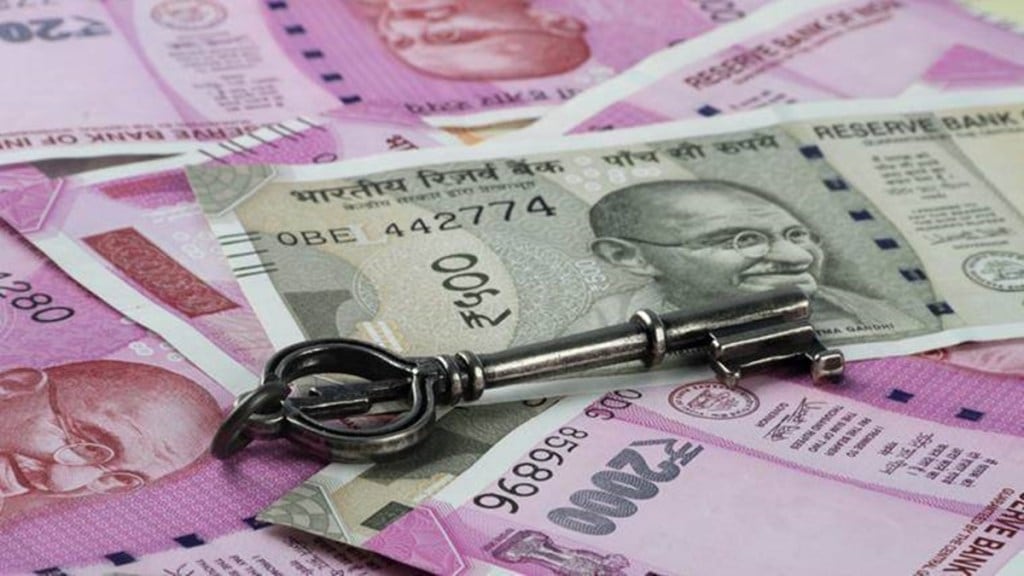The Reserve Bank of India’s (RBI) decision to permit first loss default guarantee (FLDG) arrangements will lead to more partnerships between lending services providers (LSPs) and regulated entities like banks and non-bank lenders. It will also result in product innovation and mitigate the need for LSPs to acquire NBFC licences, experts said.
Subhrangshu Neogi, ED and co-founder of Escrowpay, noted that the FLDG norms will deepen partnerships between banks and NBFCs and new-age fintechs. “This will help further democratise credit and enable access to the unserved and underserved,” Neogi said.
Also read: Khadi and Village industries register a 332 per cent growth in sales revenue over nine years
A first loss default guarantee is a lending arrangement between regulated entity and a financial technology company or a lending services provider, wherein the latter agrees to compensate up to a certain percentage of default in the loan portfolio.
Navin Surya, chairman, Fintech Convergence Council, highlighted the increased transparency within the lending ecosystem. “LSPs will now be required to disclose all their relationships and portfolios, including any defaults, to relevant entities, and this will foster greater trust among stakeholders and enhance accountability.”
PayNearby managing director and CEO Anand Kumar Bajaj feels that the guidelines will encourage digital lenders and financial technology companies to participate in a more expansive and inclusive provision of micro-sized loans.
The guidelines say the default loss guarantee cover on any outstanding portfolio must be specified upfront and should not exceed 5% of the amount of that loan portfolio.
Jatinder Handoo, CEO, Digital Lenders Association of India, believes that the guidelines leave little room for ambiguity and specify the scope, eligibility, structure, form, cap, disclosure requirements and exceptions.
“FLDG partnerships provide mutual comfort to originators as well as the balance sheets funding these assets, by enabling partners to share economics beyond distribution revenues,” said Aditya Kumar, co-founder and CEO, Niro.
The central bank’s move to permit FLDG will pave the way for new ‘buy now-pay later’-type products and small-ticket SME loans.
“Loan products where the end use of money is well-defined with adequate guard rails for need-based borrowing behaviour will likely benefit the most,” Jitin Bhasin, founder and chief executive officer, SaveIN, said. “Embedded finance in healthcare is one such segment where historical delinquency rates have been lower than unsecured personal cash loans since money is being used for a specific purpose like healthcare.”
Moreover, experts say FLDG agreements will facilitate capital infusion into start-ups after a lull in equity funding and the investor interest could increase.
Also read: IRB Infra May toll collection jumps 20 per cent on continued momentum
“Most digital lending companies face challenges while raising debt capital locally. So, permitting FLDG incentivises banks to provide liquidity while still having the ability to manage risk,” said Anil Pinapala, founder and chief executive officer, Vivifi India Finance.
With several fintechs having sought NBFC licences, Digitap.AI founder and CEO Nageen Kommu expects more pure-play LSPs to perform well.

